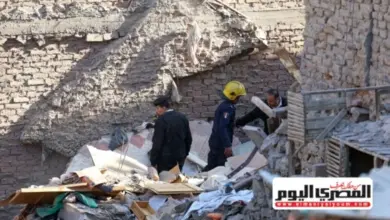
Heavy weapons fire broke out overnight in Muslim suburbs of Bangui, the capital of the Central African Republic, and health workers reported at least four dead in the new outbreak of violence.
Only isolated incidents of fighting have been reported in the capital this month and many French and African Union forces have fanned out into the surrounding countryside in an attempt to curb inter-communal clashes elsewhere.
Most of the Muslims who once lived in Bangui, in the south of the former French colony, have now fled towards the northern border with Chad, creating a de facto partition.
But in a break from the relative calm in Bangui, a Reuters witness heard heavy weapons fire overnight and sporadic shooting in the mostly Muslim suburbs of PK-5 and PK-3.
Health officials at the Bangui hospital said they had treated at least 13 people with gunshot wounds from the same neighborhoods. Two people killed by gunshot wounds were also brought in, they said.
Colonel Gilles Jaron, a French military spokesman, said that French troops were fired on at a junction near the Muslim neighborhoods.
"French troops retaliated and launched a maneuver to enter a house and search it," he said. "When they got there, the people firing at them had fled."
Early on Friday, angry residents brought the body of a Central African soldier killed overnight before the prime minister's office, where hundreds had gathered in pouring rain to protest the ongoing violence.
The mutilated body of the soldier's wife was also brought to the hospital, according to a Reuters witness. It was not immediately clear who was responsible for the killings.
Two thousand French soldiers and about 6,000 African Union forces are struggling to contain a conflict that erupted after the mostly Muslim Seleka rebels seized power a year ago in the majority Christian state.
Since the Selaka rebels were forced to step aside in January, attacks on Muslims have intensified and the United Nations has reported a "cleansing" of Muslims from the country's west. About 1 million have fled their homes and thousands have died, according to the UN.




